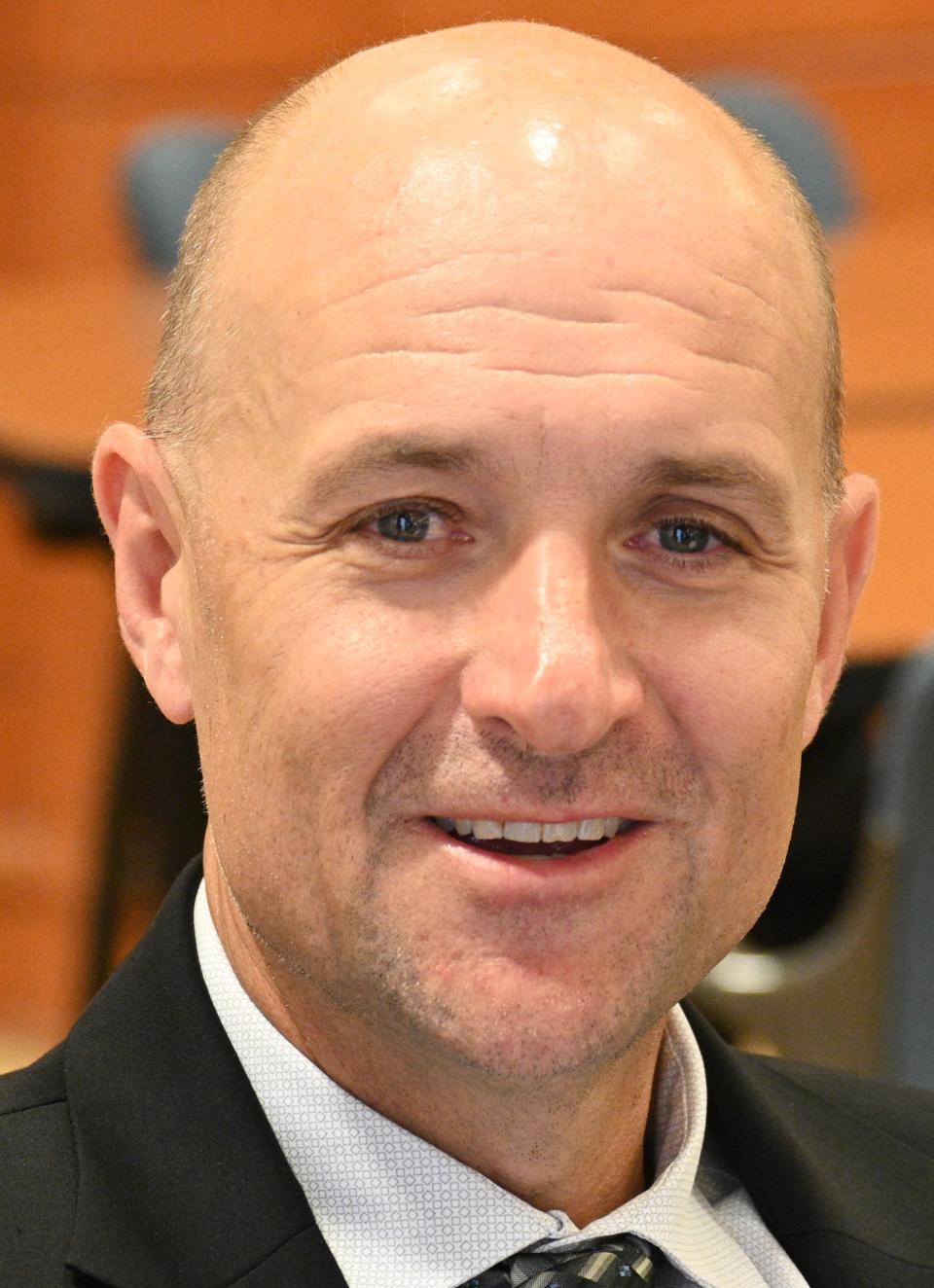Coldwater police trained on bias and de-escalation
Coldwater police are taking a proactive stance to prevent problems like those which faced Grand Rapids Police with the shooting death of Patrick Lyoya and similar situations around the country.
It's definitely one of the hot topics in our law enforcement community," said Public Safety Director Joe Scheid.
Training for his officers is in part completing the accreditation program through the Michigan Association of Chiefs of Police,
“The accreditation has some stuff specifically to do with bias and ethics. Our number one goal is to go to a situation to try to de-escalate it, rather than to grow it,” Scheid said.
The bias training tries to get officers to look at situations from the perspective of other parties.
“It tries to make sure everybody knows no matter what, you have some form of bias," he said. "When you go into a situation, you're going to have to understand that one person might see it different from another."
Officers are trained in de-escalation “to make sure that we are looking out for other officers. If you see another officer and he’s starting to lose composure, lose control, make sure the other officer steps in and says, ‘Hey, let me help you out here. Let's get things back to a lower level’ rather than trying to escalate a situation.”
Scheid's goal is “all law enforcement wants to use the lowest amount of force, that’s reasonable for that situation.”
Most officers face “situations which are very unpredictable,” Scheid said. If the level of confrontation goes up, the law enforcement officers need to know how to take the level back down to avoid situation where it gets out of control for both police and those officers must deal with as part of their job.

This article originally appeared on The Daily Reporter: Coldwater Police trained on bias and de-escalation

